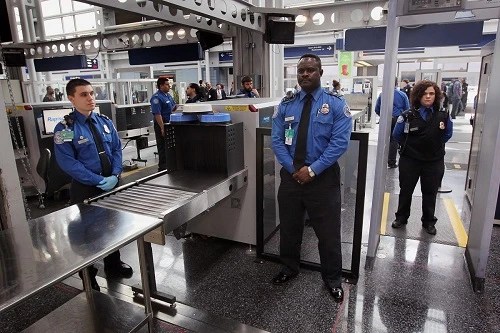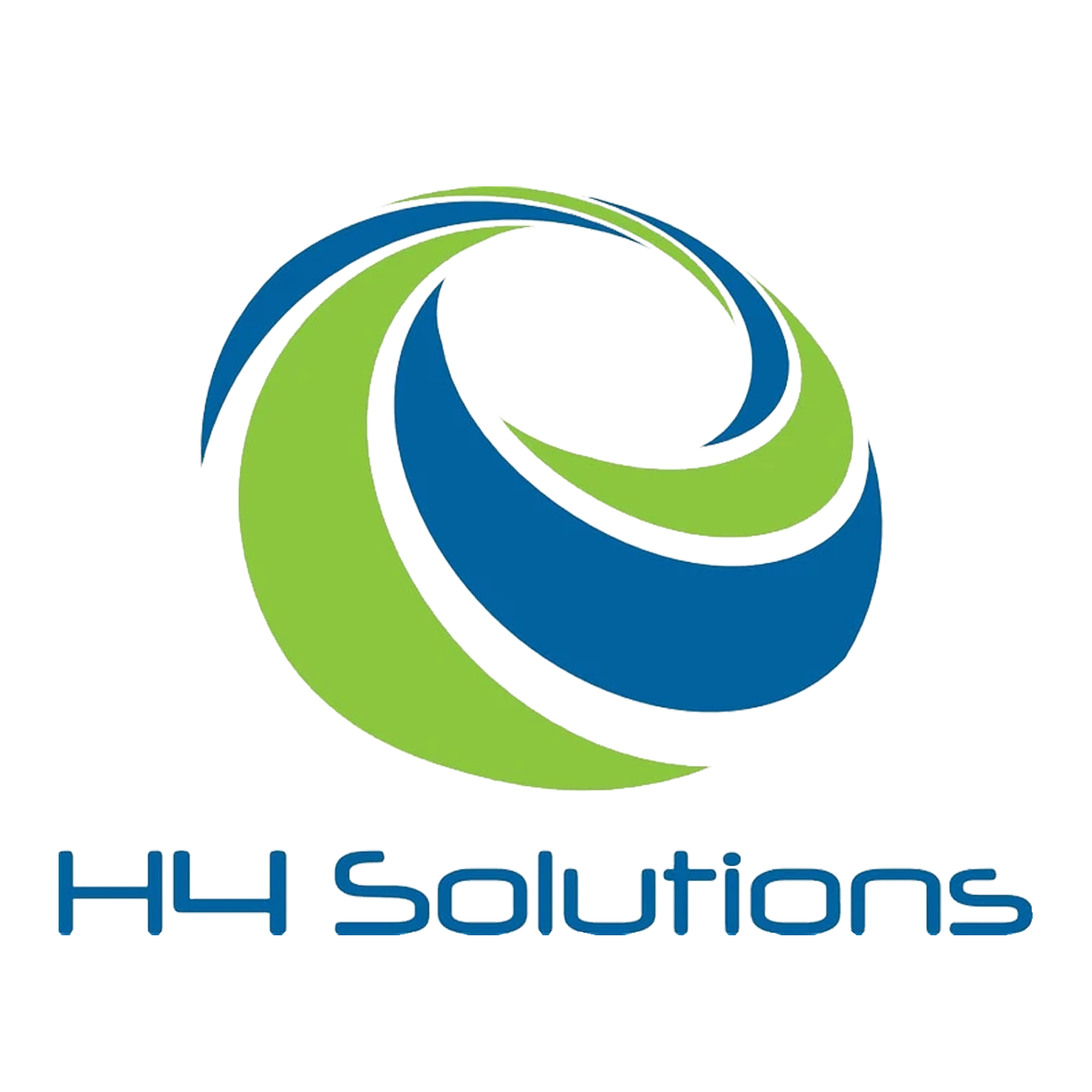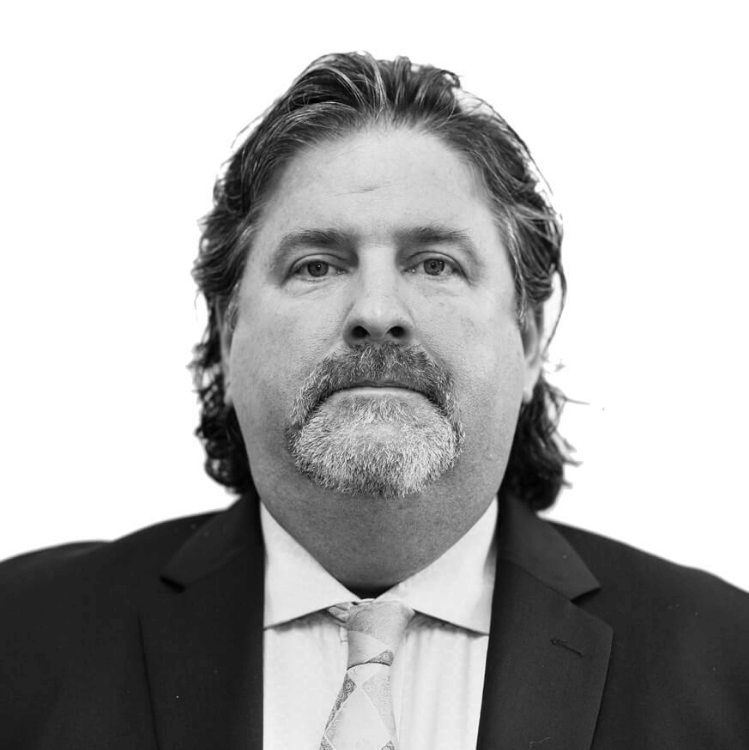
Since the year 2002, the Transportation Security Administration has directly performed passenger security screening at most of the U.S.’s 470-plus commercial airports. However, there are currently 22 airports — including San Francisco’s and Kansas City’s — which have been allowed to participate in what the federal security agency call its “Screening Partnership Program.” In fact, since 2004, all commercial air facilities falling under federal security oversight (they’re known as “federalized airports”) can apply to privatize their security screening services.
Abbreviated “SPP,” the Screening Partnership Program is run by TSA, which allows only “qualified” private security companies to provide passenger screening services at airports applying to do so. There’s even an online application at the TSA website for airport administrators to begin the process. Once airports fill it out, they submit it and then give the facility’s Federal Security Director, or FSD, a copy. It’s the FSD at U.S. commercial airports who is responsible for TSA aviation security operations. It goes without saying that the FSD typically has a great deal of say when it comes to whether an SPP application is approved.
The security agency says airports applying to utilize private companies for passenger screening can expect to receive a yes or no from TSA within 120 days of application. TSA also says any private security screening companies wishing to provide services to a given airport approved for SPP must meet criteria under Title 49 of the United States Code. Given that there are already 22 airports participating in the SPP, it’s obvious there are private screening companies out there that compete to handle passenger security screening.
TSA’s website also notes that airports “may be part of the selection process” when it comes to choosing with which private screening companies TSA will ultimately contract. And those companies must run their operations under strict federal oversight. Having such TSA scrutiny is an attempt to ensure certain lax or loose pre-9/11 practices by private security screening companies do not occur again.
Since October 5, 2018, TSA’s administrator has been directed to approve airport SPP applications if the administrator determines that “approval would not compromise security or detrimentally affect the cost-efficiency or the effectiveness of the screening of passengers or property at the airport.” It’s still too soon to know if that language provides a loophole for TSA to serially disapprove SPP applications or if airports seeking private security screening services will have an easier time doing so.
Transportation Security Administration officials say that people hired by private companies are subject to the exact same security background checks and other hiring requirements as TSA. Plus, all contract screeners hired by a private company must take all TSA-provided training, and that includes the two-week screener course at the TSA’s facility in Glynco, GA. Given these requirements, it’s easy to see why airports may not be lining up to obtain SPP approval, at least at this time.
How effective is private security screening versus the screening provided at airports by TSA? The answer is difficult to determine, but several government or government-sponsored studies say that private screeners, when properly supervised, are at least as efficient and possibly less expensive. Two different high-profile think tanks, the conservative Heritage Foundation and the libertarian Cato Institute, also maintain airports would be better served by having private security screening companies rather than TSA. The fact that more than 450 U.S. airports still have TSA screeners may indicate those facilities are largely satisfied with the way things are, how
An August 2016 article at the Marketplace.org website lists pros and cons of having private security versus the type TSA provides. Some airports having private screeners do caution that replacing federal security screening takes time and does come with some risk. For one, there’s no guarantee a private screening company won’t fail and need speedy replacement by the airport’s leadership, which can be highly disruptive. Because TSA must provide passenger security screening regardless of circumstances, airports operators can be assured that at least some screening will always be available because federal screeners also can’t strike or walk off the job.

In the end, it’s most likely the case that air travelers don’t particularly care just who it is that’s screening them when they go through a security checkpoint as long as they’re fast, efficient, courteous and – most importantly — effective.

